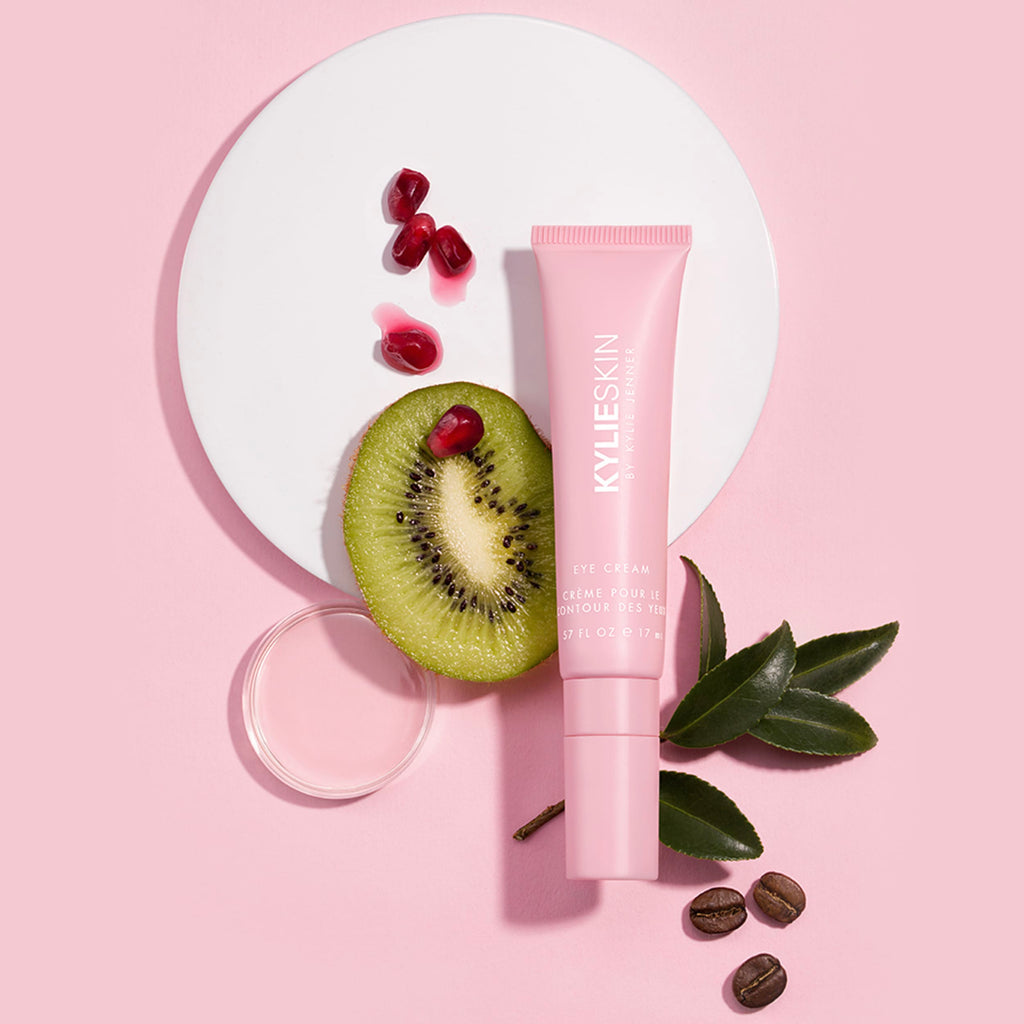Rise by Six: Your Daily Dose of Inspiration
Explore insights and stories that elevate your day.
Why Your Eye Cream Might Be Doing More Harm Than Good
Discover surprising reasons your eye cream could be harming your skin instead of helping it. Find out the truth now!
The Hidden Ingredients: What to Avoid in Your Eye Cream
When it comes to choosing the right eye cream, many consumers overlook the hidden ingredients that can potentially do more harm than good. One of the most concerning components to avoid is fragrance. While it may make the product smell pleasant, fragrance can lead to skin irritation, allergies, and even disrupt the delicate balance of your under-eye area. Additionally, watch out for parabens, which are commonly used as preservatives. These synthetic compounds have been linked to various health issues, including endocrine disruption, making it crucial to seek out eye creams that are paraben-free.
Another ingredient to steer clear of is alcohol, particularly denatured alcohol, which can strip away moisture and exacerbate dryness around the eyes. Instead, look for hydrating substitutes like hyaluronic acid or natural oils. Furthermore, be cautious of products containing synthetic dyes. These artificial colorants not only contribute to environmental pollution but can also irritate sensitive skin. Always opt for eye creams with a minimalistic ingredient list, prioritizing natural and nourishing components that promote skin health without the risk of adverse reactions.

Are You Making These Common Eye Cream Mistakes?
Using eye cream effectively can be a game-changer for your skincare routine, but many people inadvertently make common mistakes that can limit their benefits. One major error is applying too much product; a pea-sized amount is typically sufficient. Over-application won't necessarily enhance the results and can even lead to milia, those pesky little white bumps under the skin. Additionally, not allowing the product enough time to absorb before applying other skincare products or makeup can hinder its performance, so patience is key.
Another frequent mistake is neglecting the importance of choosing the right eye cream for your specific skin concerns. Some individuals may opt for heavy, rich creams when they actually require a lighter formula, especially if they have oily or combination skin. Conversely, those with dry or mature skin often make the mistake of using gels that may not provide sufficient hydration. To avoid this, it’s essential to assess your skin type and select a product that addresses your unique needs.
The Truth About Eye Creams: Do They Really Work or Do More Harm?
When it comes to eye creams, the beauty industry has propelled them to the forefront of skincare routines, promising to diminish dark circles, reduce puffiness, and combat fine lines. However, the truth about these products is more nuanced than marketing slogans suggest. Many eye creams contain ingredients like hyaluronic acid and peptides, which can provide hydration and may temporarily plump the skin, giving an immediate but short-lived effect. While regular use of these creams can contribute to overall skin health, it is essential to understand that eye creams are not miracle workers and can sometimes do more harm than good if formulated with irritants that may cause allergic reactions or sensitivity.
One of the critical factors to consider is that the skin around our eyes is particularly delicate and can react badly to certain formulations, leading to more puffiness or irritation. Users should look for eye creams that are dermatologist-tested, avoid heavy fragrances, and prioritize soothing ingredients. Ultimately, understanding your skin type and being cautious about what products you apply is crucial in your skincare journey. Instead of relying solely on eye creams, adopting a holistic approach that includes a balanced diet, proper hydration, and sun protection can yield more significant long-term benefits for the eye area.